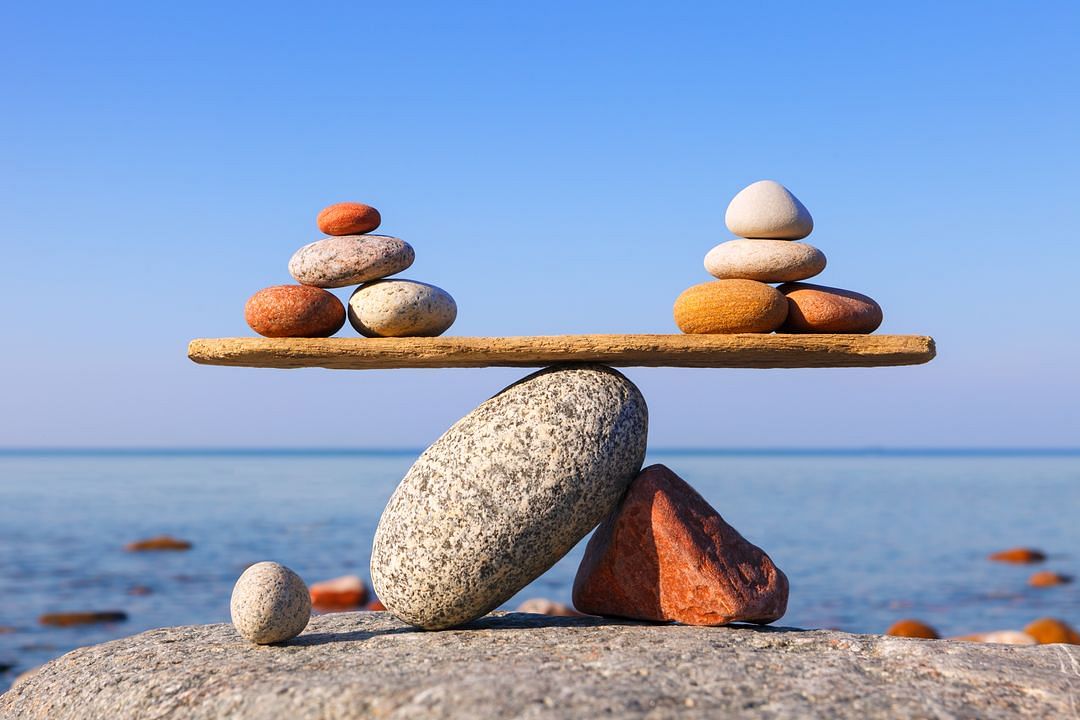
Globally the workplace is never going to look like the pre-pandemic workplace that we all knew — work experience evolved beyond the boundaries of the physical workspace.
And now, having seen it function, quite well, for the most part, many employees are not yet ready to undertake the daily commute to a physical workplace, even if covid restrictions allow it.
The world is increasingly transitioning to a hybrid workplace — one where employees go to a physical office, at a defined (or flexible) frequency while others work remotely from home. This shift is forcing organisations not only to redefine their workspaces but also their work culture.
What are the implications of this on people’s ability to maintain a work-life balance? What does this mean for the long-term effects on a person’s mental health and personal life?
It is important to address the challenges of working from home. Routine and consistency provide a sense of stability and security.
Mundane rituals like choosing what to wear, the commute into work, the morning coffee after you set your laptop down on your desk, the gathering over lunch, the walk to the water cooler — all have a role to play.
It is important to try and recreate some of these rituals when working from home. That may mean dressing in ‘work’ clothes at the start of your workday, and out of ‘work’ clothes at the end of it. That may mean having an 11 am coffee at your desk (at home) or a 5-minute chat with a colleague.
Set a routine around when you work, when you take a break, when you are available and crucially, when you are not.
Also, set up a dedicated workspace at home if space allows for that. When work was ‘away’ there were automatic boundaries of time and space. However, with work moving into the home, it is important that we very consciously establish these boundaries of time and space ourselves in our homes.
So, remember to establish a routine that marks the end of your workday as well — not only for yourself but also for your family. They need a signal too, to understand that your workday has ended, that they don’t need to talk in hushed tones anymore, and that you can be available to them for the tasks of daily living, or just for the human connection.
It is very easy to get caught up in the trap of flexible work hours — which often means all waking hours!
If you are not disciplined about your work hours, then you will be responding to emails, working on projects, and joining work calls at all hours of the day, because why not? What difference does it make?
After all, I can attend the call in my pyjamas, so how does it matter?
But the reality is that it does matter. Because constantly being available to your ‘work’ world, means that you are constantly unavailable to your ‘personal’ world and that does not augur well for your relationships.
The average time it takes for an email to be responded to is 6 seconds! This should highlight how much most of us are switched ‘on’.
So, as you think about structuring your day, making sure you are allowing time for all the other dimensions of your life is critical. Work is only ONE dimension. Even though it may not seem like it, there are several other dimensions that are equally, if not more, important — your health, your primary relationships, your social network, your financial stability, your personal growth, your spiritual growth, your home, and the quality of the space you are in, your enjoyment, your rest, relaxation, recharging (i.e., your ‘me’ time).
For your wheel of life to move smoothly, all these spokes of the wheel must be of equal importance and deserving of your attention.
And just like it is essential to do something for your physical fitness every day, it is important to ensure you take the time to take care of your mental fitness every day as well. Give yourself the permission to take a break, to make mistakes, to not be perfect, to be vulnerable and recognise your emotions.
In short, be self-compassionate and self-accepting, and stay in the moment.
Savour the precious moments of life and feel gratitude just because you are here (far too many people were not as blessed in the recent past). For there is no other way to feel energised about stepping up to the challenges of work, and the rest of life, together. And if you need help with getting there, please reach out for support as there is no shame in asking for help — whether physical, logistical, financial, or emotional.
(The author is a counsellor based in Bengaluru)